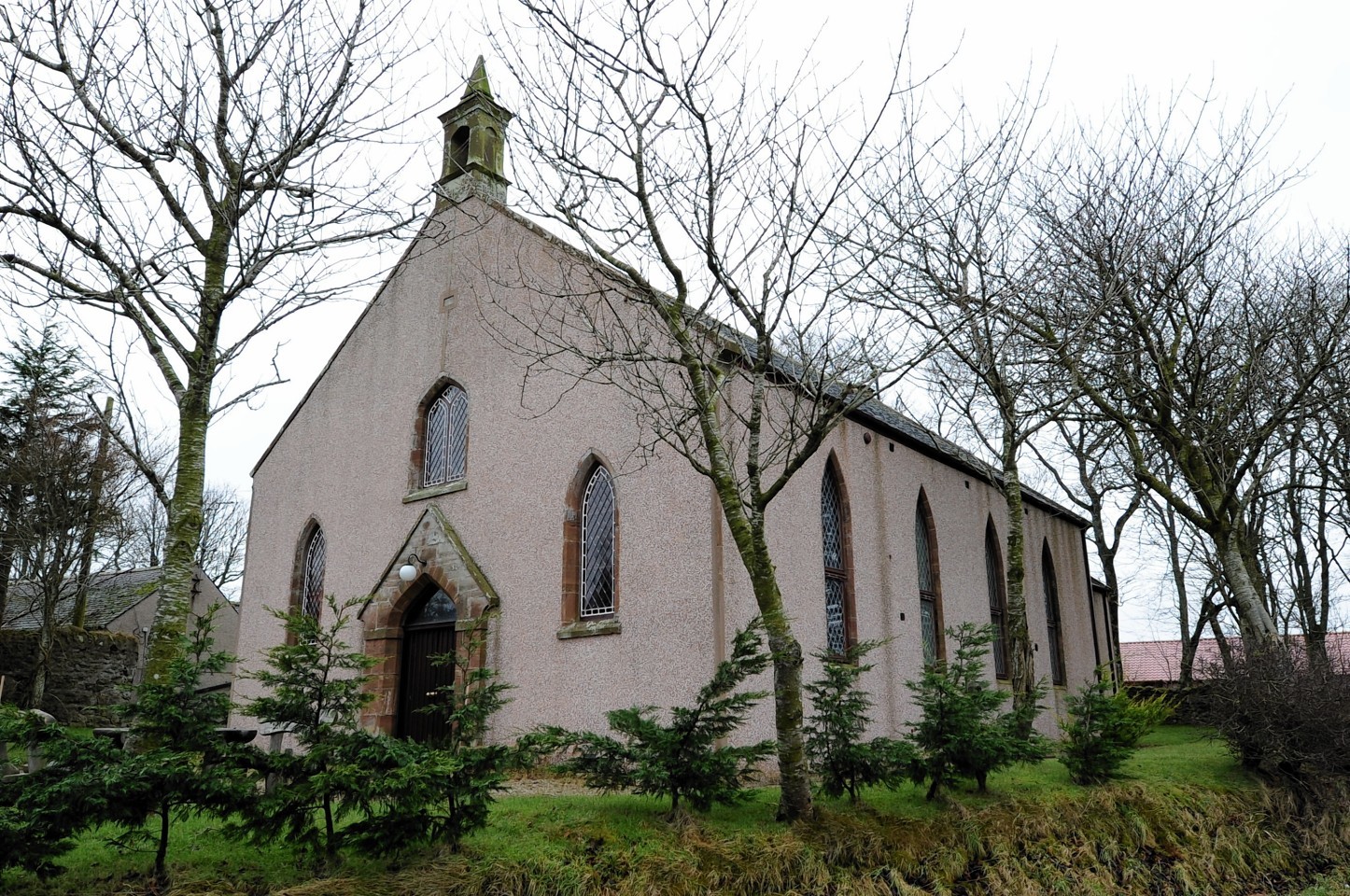The Scottish Government has insisted there will be no change to the legal status of religion and churches if the country becomes a independent.
It said a new written constitution would include a guarantee that people would have freedom of conscience and religion.
SNP ministers spelt out their position after a Highland Free Church of Scotland minister said he was worried that independence would turn the country into a secular state.
Rev Dr John Ross said he feared constitutional change would lead to Christianity being “deprived of its status as the national religion”.
The clergyman, who leads the Glenurquhart and Fort Augustus congregations, said it was dishonest to claim that breaking up the UK would not lead to change because it was “inevitable”.
A government spokesman said: “We propose no change to the legal status of any religion or of Scotland’s churches.
“The interim constitution will ensure that full legal force continues to be given to the European Convention on Human Rights which guarantees freedom of conscience and religion.
“This interim constitution will be subject to consultation and the permanent written constitution will be drawn up in a fully open, participative and collaborative process in an independent Scotland.”
Meanwhile, the Church of Scotland plans to invite leading figures from the Better Together and Yes campaigns to attend a service of reconciliation three days after the independence referendum on September 18.
The service at St Giles’ Cathedral in Edinburgh will focus on healing divisions and building the future together.
It will highlight the need to put differences aside and begin working with each other, whatever the outcome of the referendum.
Kirk General Assembly moderator designate the Rev John Chalmers said: “Once the referendum vote has taken place, we shall have neither utopia nor unity.
“In the coming months there is a danger the referendum will set people against each other, in their own community, their own street – even their own family.
“It will be important for each side of this campaign to be magnanimous whatever the outcome and the Church of Scotland, as a national church, is well placed to bring people back together in a spirit of reconciliation.”
